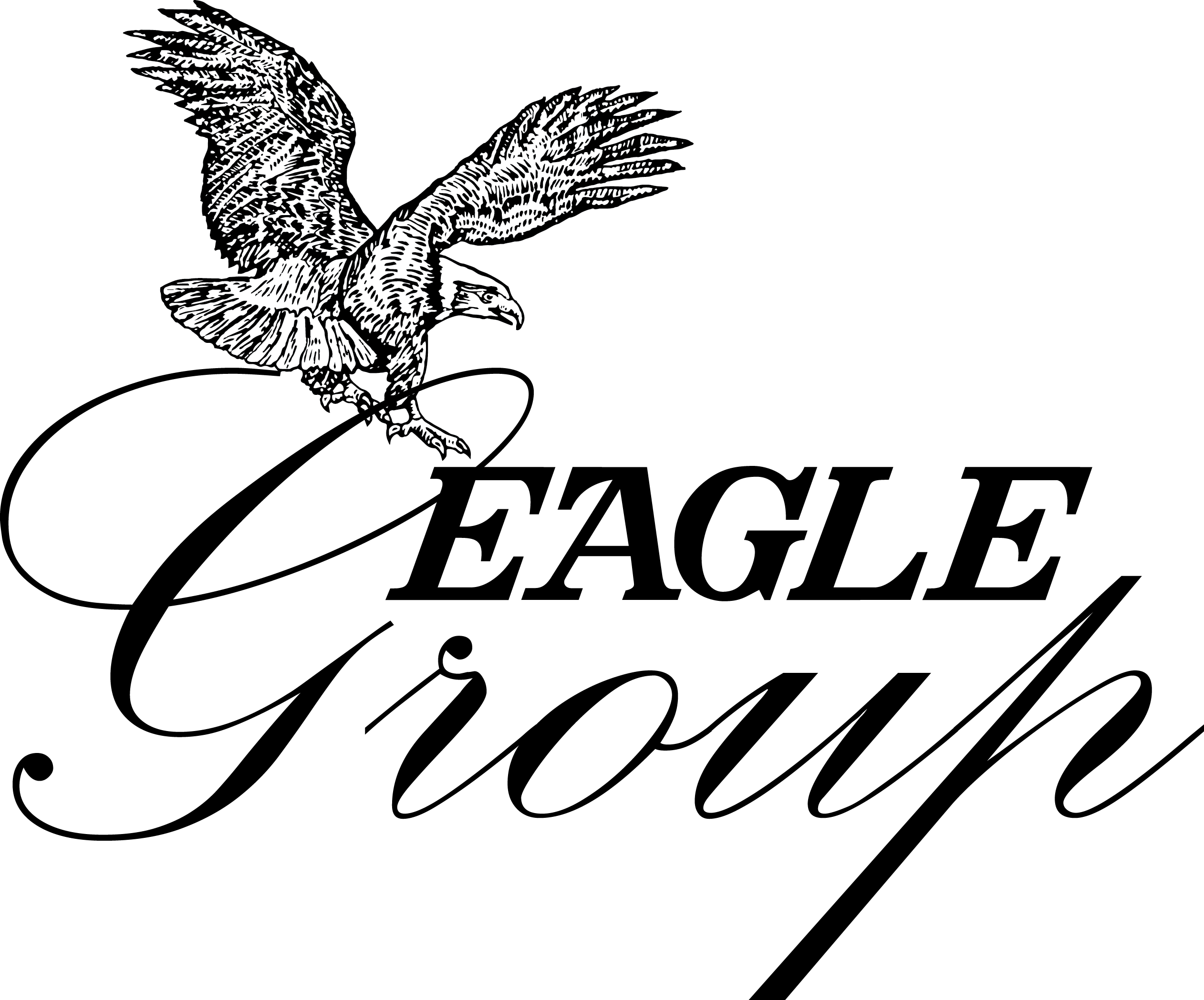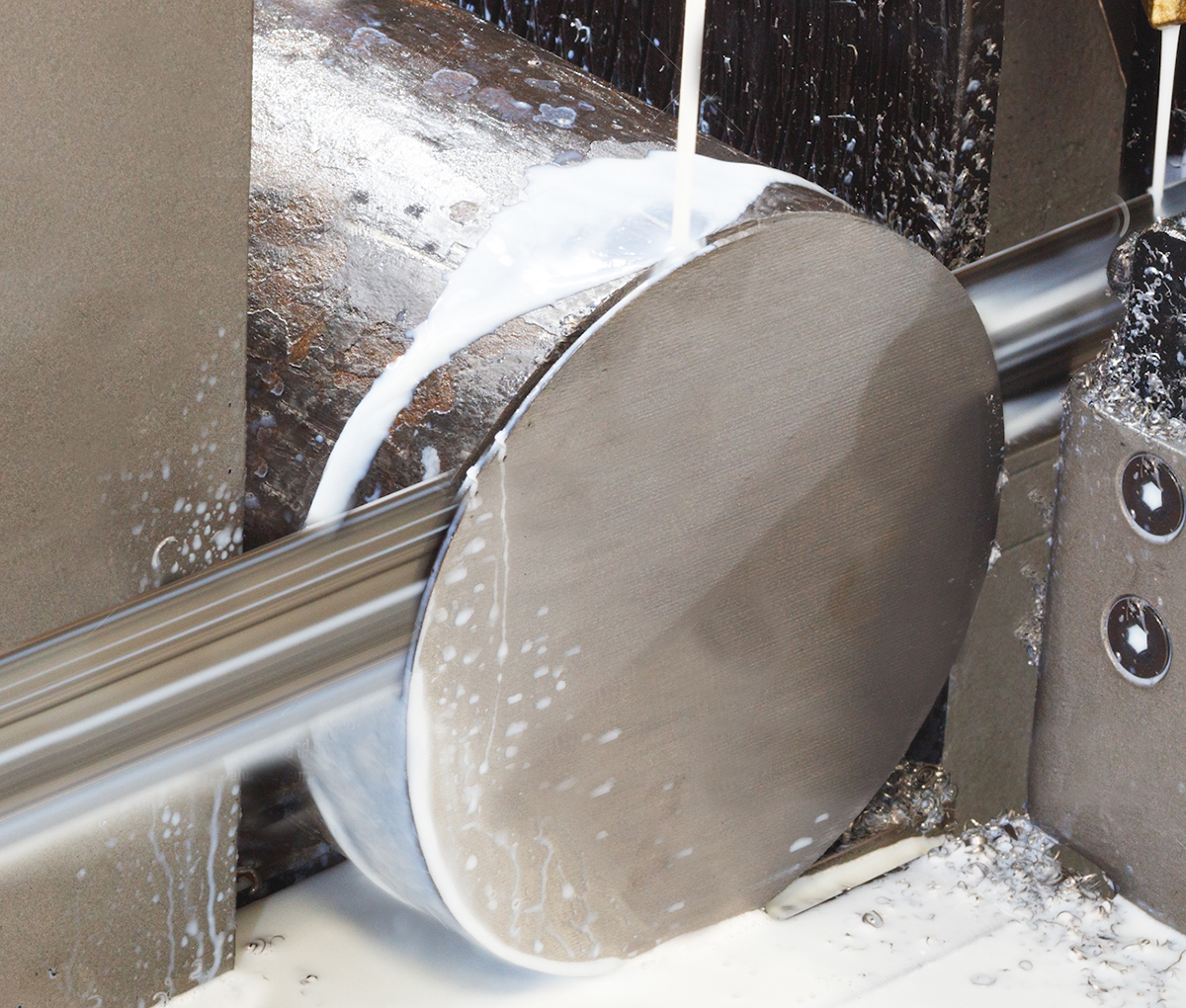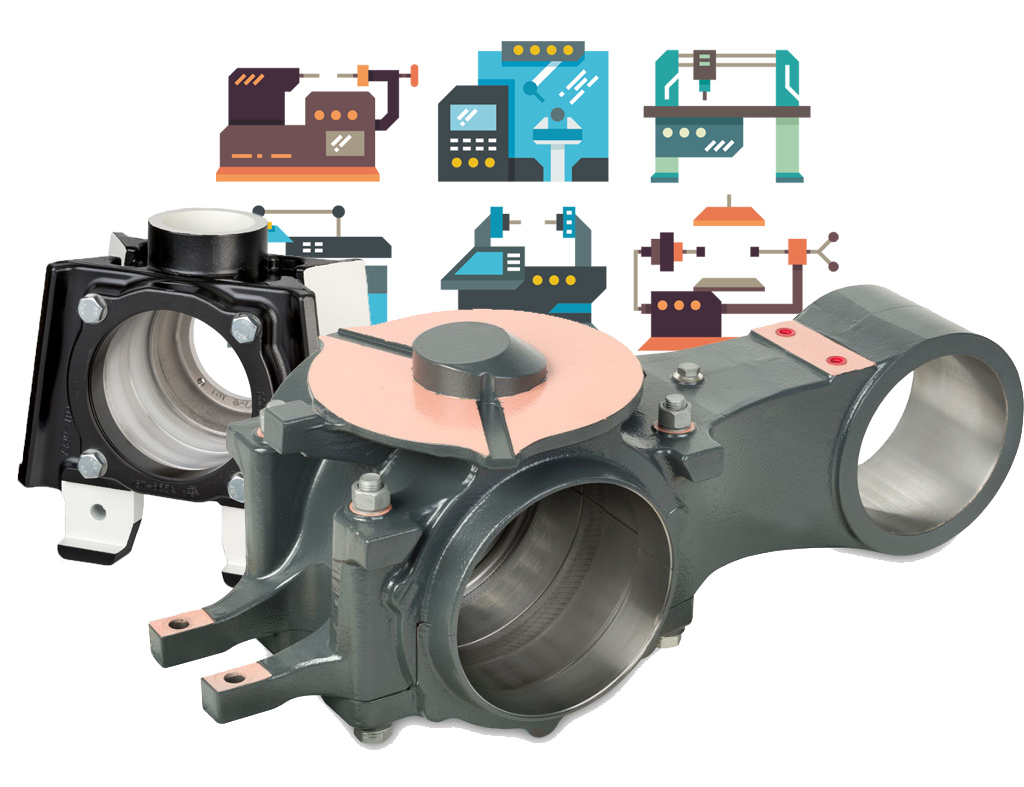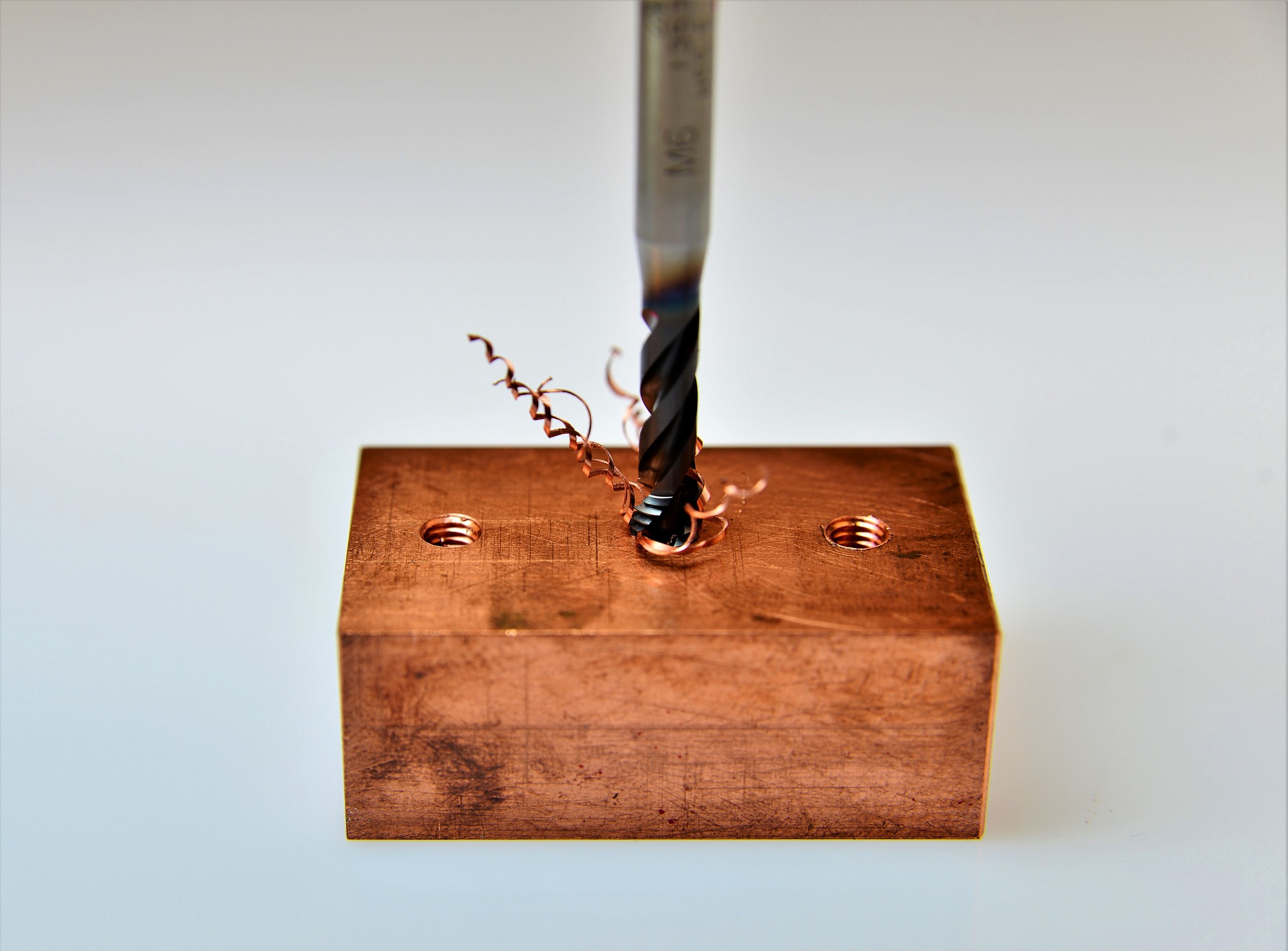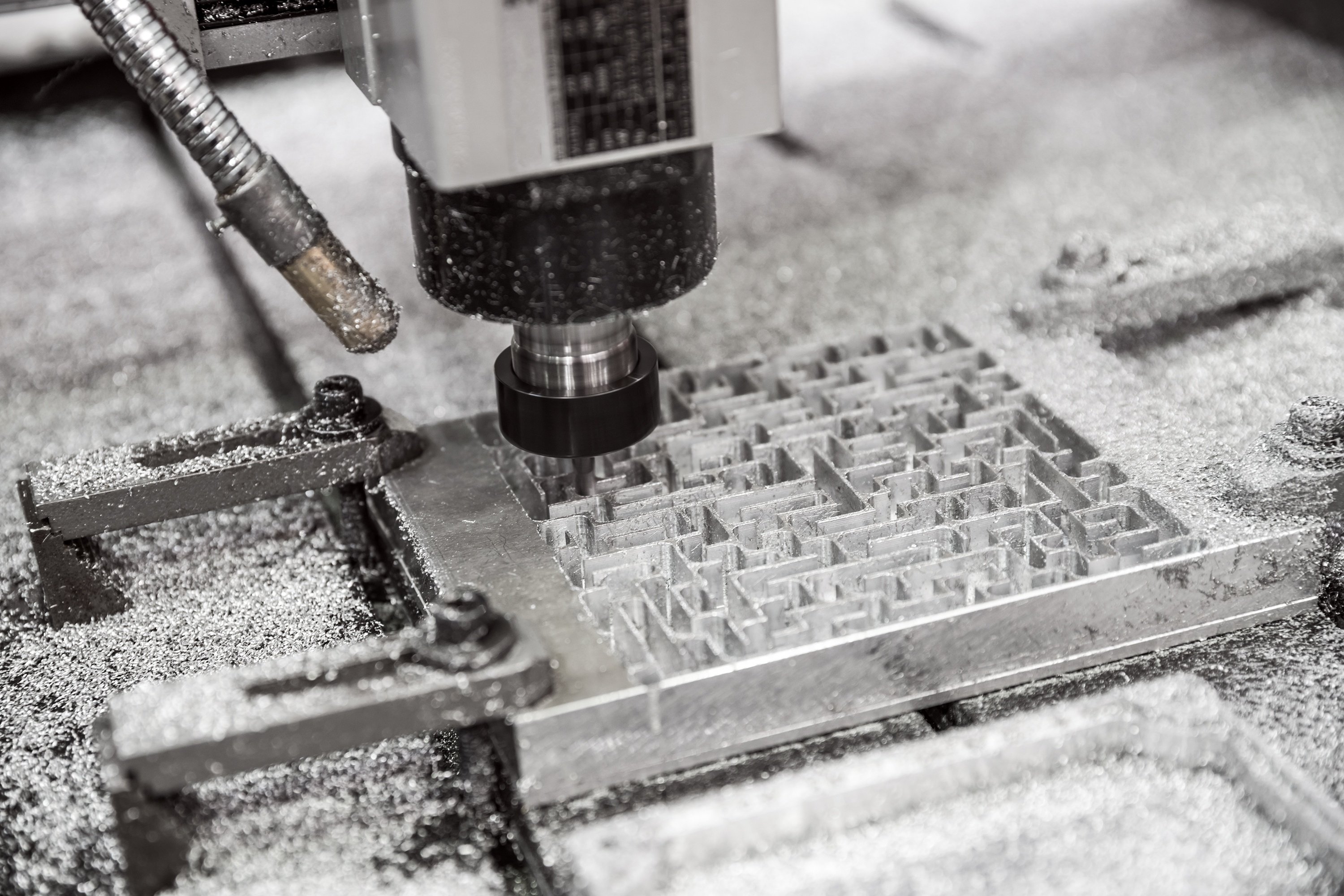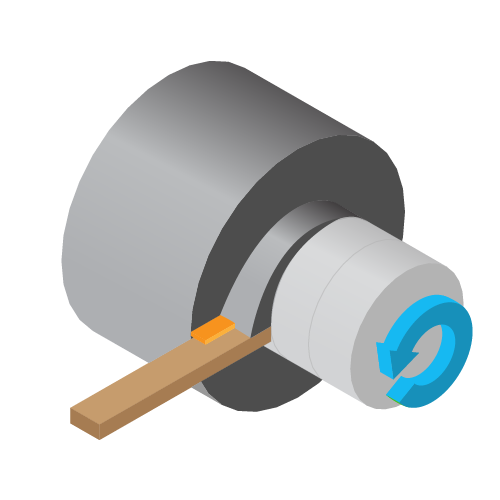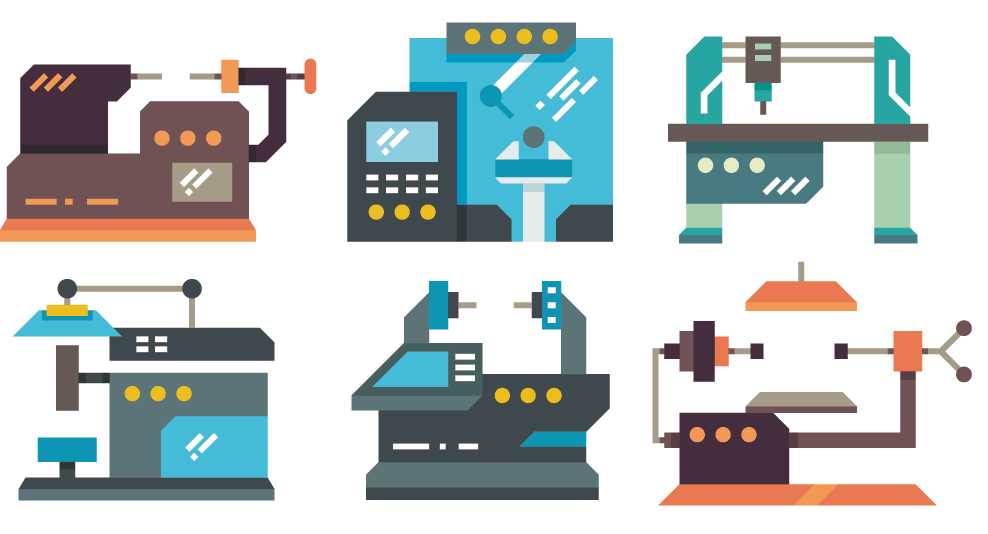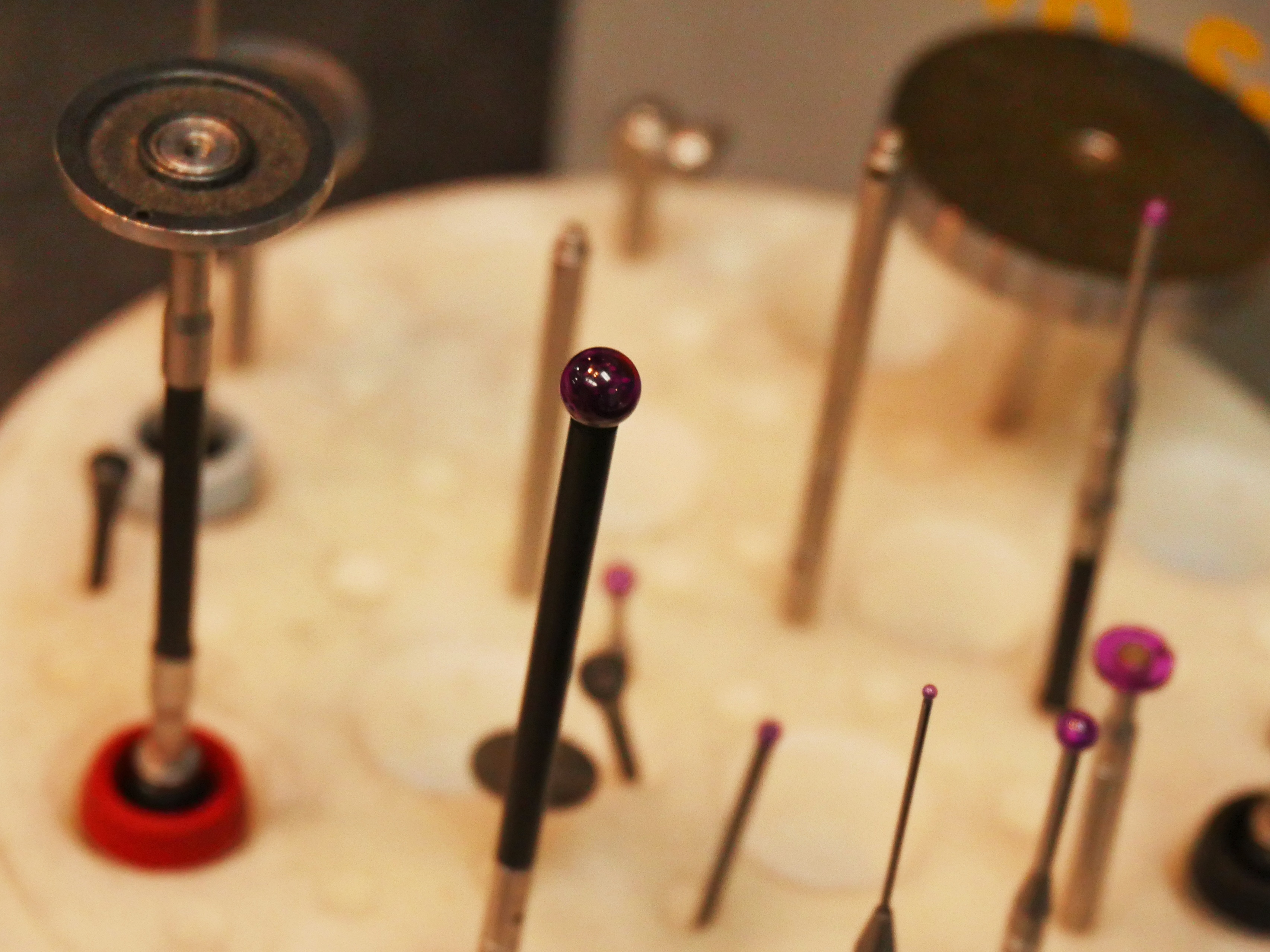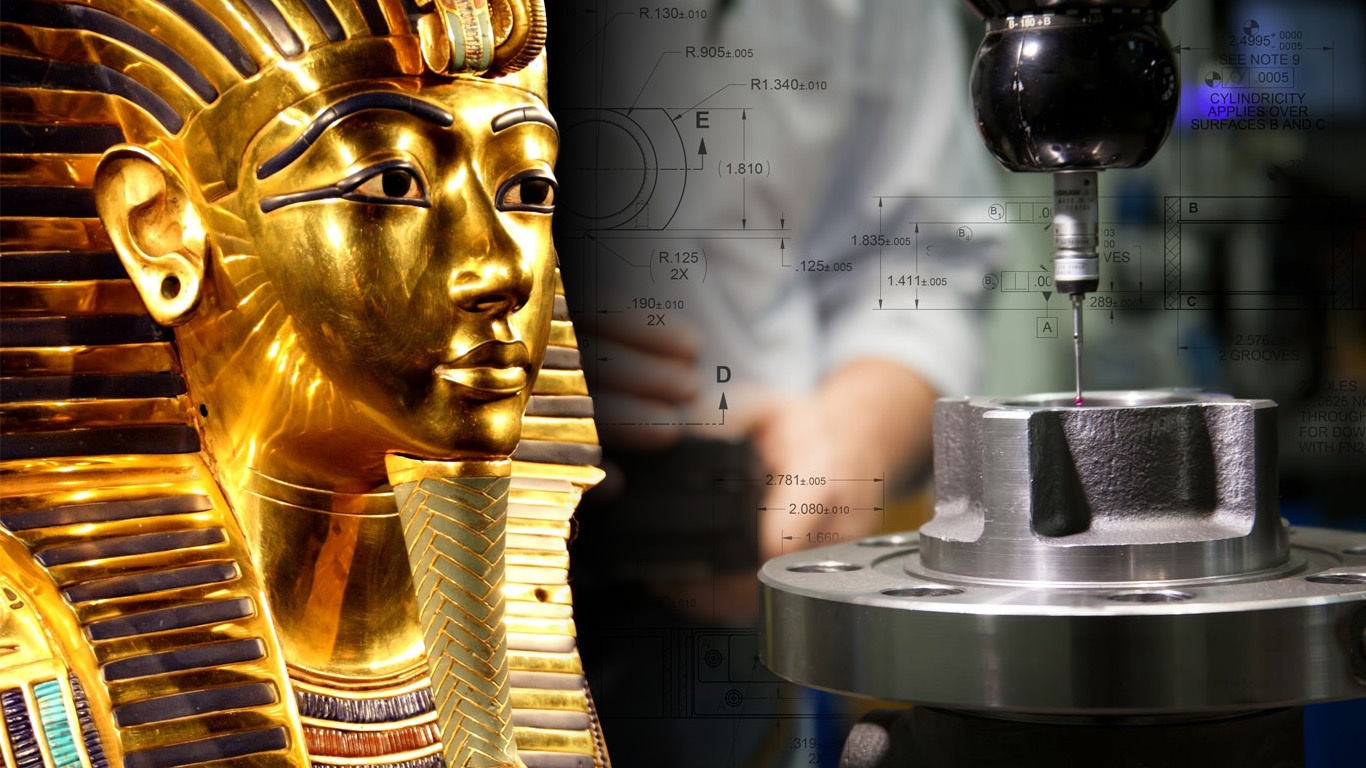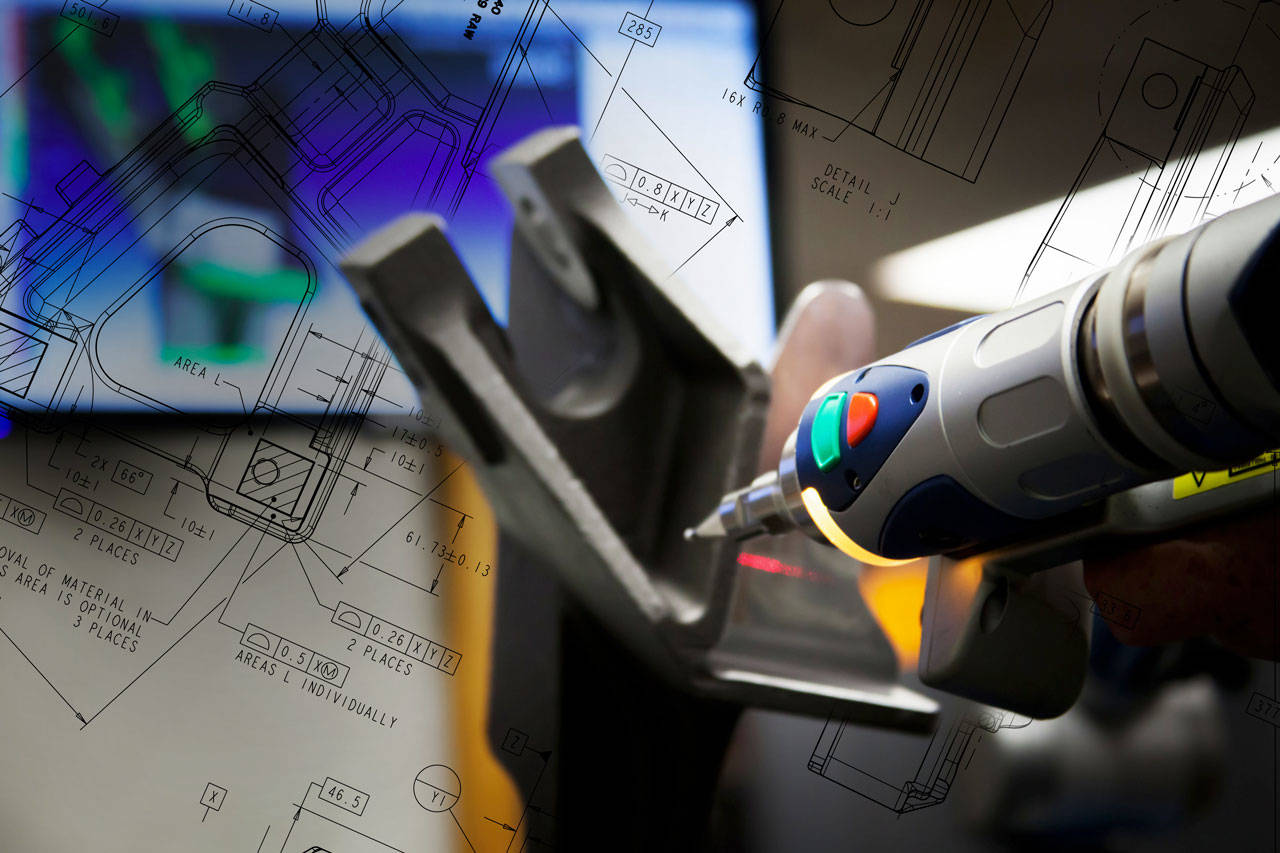What Precision Machine Shops Do: Sawing
Sawing is one of the oldest cutting techniques in use today, and innovations have allowed the process to keep up with advances in material, tolerances and product complexity. By definition, sawing is cutting a narrow slit in a workpiece by moving a toothed or abrasive cutting tool against the surface. Sawing is often used to remove large sections of material without particular concern for tolerances, but modern CNC sawing machines can be used for finishing work as well.
Tags: Processes, Machining, CNC Machining, Eagle CNC, What Precision Machine Shops Do
What Precision Machine Shops Do: Boring
Boring may not sound like a very exciting topic, but don't let names deceive you: boring is one of the most widely used techniques in machining, and one of the most reliable ways to finish holes.
Boring is the process of enlarging and finishing pre-existing holes. The holes might have been cast, drilled or otherwise formed to a rough state, but boring is often the best technique to provide the accuracy and repeatability expected of CNC machined parts.
Tags: Machining, CNC Machining, Eagle CNC, What Precision Machine Shops Do
What Precision Machine Shops Do: Drilling
Drilling is one of the most common techniques used in manufacturing to create holes. In contrast to other hole-making methods like boring, reaming and tapping, drilling is most often used to create holes in unbroken surfaces. In precision CNC machining, drilling can range in scope from simple, rough hole drilling to complex, multi-feature hole drilling.
Tags: Processes, Machining, CNC Machining, Eagle CNC, What Precision Machine Shops Do
What Precision Machine Shops Do: Milling
Milling is one of the most common processes in CNC machining, most likely because it is so versatile. Using a single tool, machine shops can create nearly limitless shapes on the surface of a workpiece. Milling can completely transform a piece of metal stock into a finished part of nearly any complexity.
The milling process in CNC machining consists of removing material with a rotating cutting tool. Unlike turning, the workpiece does not need to rotate in milling operations. In some cases, the workpiece will move linearly against a cutting tool; in other cases, the workpiece will remain stationary while the cutting tool moves.
Tags: Processes, Machining, CNC Machining, Eagle CNC, Milling, What Precision Machine Shops Do
What Precision Machine Shops Do: Turning
Turning has been practiced by machinists for centuries on many different materials. Originally, turning acted on wood to create complex, cylindrical designs for use in tools, handles, furniture. Today, turning is a vital part of the metal manufacturing process, and a major technique used by precision CNC machine shops in the United States and around the globe.
Turning is the process of rotating a workpiece and bringing it into contact with a cutting tool. As the workpiece turns, the rotating motion forces the cutting tool to strip away material. The cutting tool itself can move linearly, either parallel or perpendicular to the axis of the spinning workpiece. Cuts made in turning, and the resulting shape of the workpiece, are determined by the motion and shape of the cutting tool.
Tags: Processes, Machining, CNC Machining, Eagle CNC, Turning, Lathe, What Precision Machine Shops Do
What Precision Machine Shops Do: Introduction
Our new blog series What Precision Machine Shops Do focuses on the processes, equipment and knowledge involved in modern machining. We'll take a close look at key metal removal techniques like milling, turning, facing, boring and tapping, along with the many products and parts that work as a result of these processes.
For the most part, we'll be discussing CNC machining, or Computer Numerical Control machining. For a brief introduction to CNC, explaining how it developed and how it differs from non-CNC machining, check out our Introduction to CNC Machining blog post.
Tags: Machining, CNC Machining, Eagle CNC, What Precision Machine Shops Do
Introduction to CNC Machining
This article was updated on July 8, 2025.
CNC Machining is often the last step in metal manufacturing, or sometimes the only process involved. Compared to other metalworking techniques, CNC machining is capable of meeting the tightest tolerances, and producing the most accurate, precise products over and over again.
Tags: Machining, CNC Machining, Eagle CNC
CNC Metrology: What Can a CMM Measure?
Coordinate Measuring Machines, known more often as CMMs, are a staple of industrial metrology. Of the thousands of variations of CMMs, you're likely to encounter at least one version in every manufacturing quality control department. You might not recognize it at first because CMMs can look like, well, pretty much anything–but in any form, these hard-working machines allow manufacturers to accurately measure a long list of product characteristics.
Sure, manufacturers could still measure their products the old fashioned way–with a good set of calipers and a lot of trigonometry–but in today's competitive environment, we need to take measurements in minutes, not days. We also require superior accuracy, sometimes down to .00005".
Tags: CNC Machining, Metrology
Measuring Standards: From Pharaohs' Forearms to the Speed of Light
Modern manufacturing wouldn't be possible without rigorous standards of measurement, along with sophisticated tools and techniques to help us measure tools, workpieces and finished products.
CNC machining is a prime example of the practical uses of modern measuring, or metrology. In metal-based manufacturing, CNC machining is often the last process before a part is delivered. Without incredibly accurate and precise ways to measure and cut, many of the metal products we take for granted would be impossible to produce.
The history of measurement is the story of how human civilization strove to find new ways to measure accurately, and it all leads up to modern metrology.
Tags: Machining, CNC Machining, Metrology, History
7 Essential Metrology Tools for Modern CNC Machine Shops
Metrology is the science of measurement. In CNC machining, principles of metrology need to be applied throughout the production process to ensure that each part is machined to the right size and shape, in accordance with specified tolerances.
It’s simple enough to take a ruler or a measuring tape and mark out inches or millimeters. But measuring dimensions of CNC machined parts – many with tolerances tighter than +/- .001 inch – is a whole other ball game. When you’re dealing with measurements that small, you need to have sophisticated measuring tools, and the knowledge to use them.
Tags: Machining, CNC Machining, Metrology
